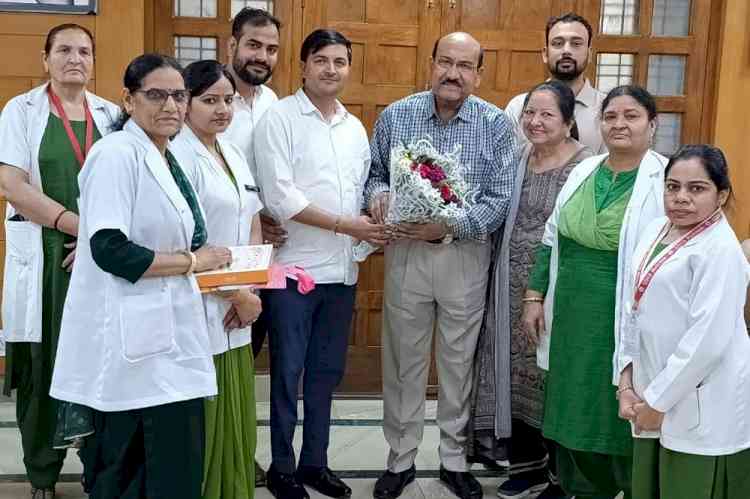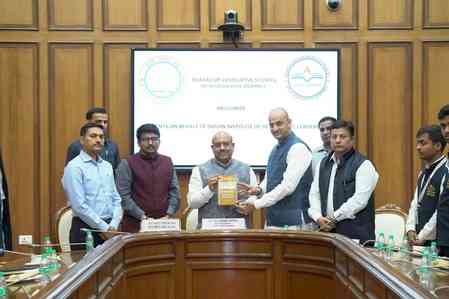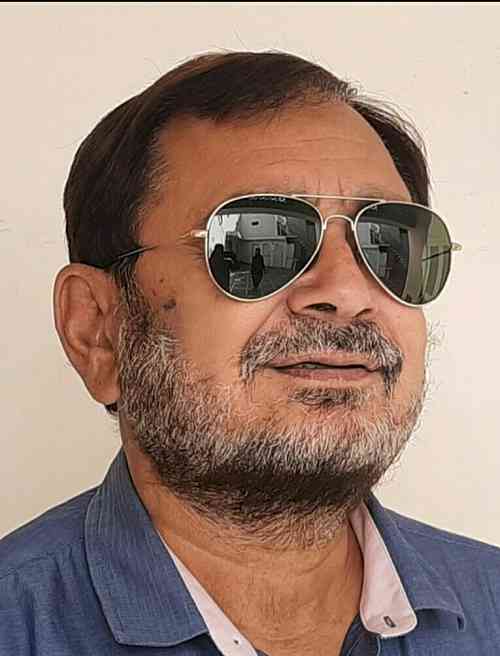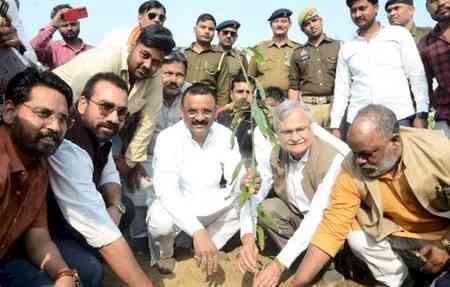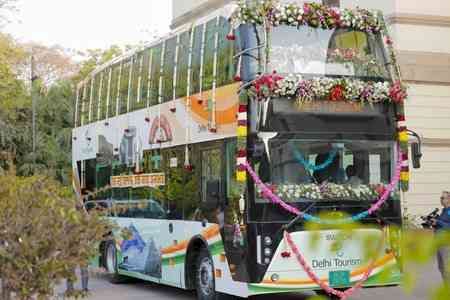MIT-WPU Wraps Up World Technology Summit 2025, Highlighting Human-Centric Innovation and Global Connectivity
The summit uniquely positioned innovation within the framework of empathy, ethics, and emotional intelligence — emphasizing that the future of technology must be guided by human values and global peace. This fusion of science, spirituality, and purpose set WTS25 apart from conventional tech gatherings.
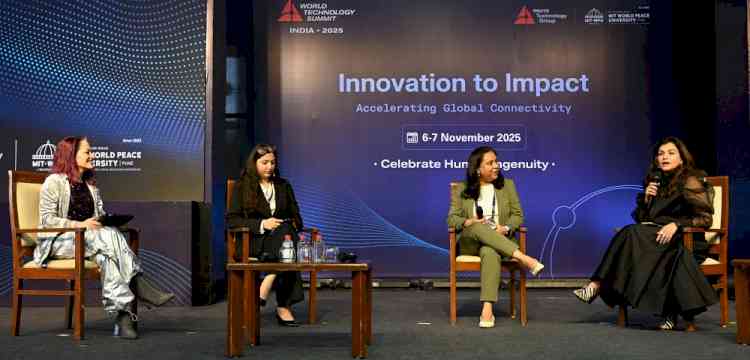
Mumbai / Pune, November 7, 2025: MIT World Peace University (MIT-WPU), in collaboration with the World Technology (WT) Group, successfully hosted the World Technology Summit 2025 India (WTS25) at the World Peace Dome in Pune. The two-day global summit brought together over 200 delegates from 25 countries, including policymakers, researchers, industry leaders, and innovators, to advance technology, science, and innovation aimed at tackling global challenges and building a more connected, sustainable future. Centered around the theme “Innovation to Impact: Accelerating Global Connectivity,” the summit underscored how emerging breakthroughs can bridge the digital divide and create new opportunities for communities worldwide.
Over two days, participants engaged in discussions exploring advancements in AI, robotics, quantum computing, biotechnology, clean energy, and digital infrastructure across four intersecting scientific realms: Data Sciences, Earth Sciences, Life Sciences, and Industrial Sciences. The sessions highlighted the convergence of technology, human ingenuity, and empathy, demonstrating how innovation can serve society responsibly and inclusively.
Deborah Pandit-Sawaf, Chair, Coordination Commission, WTS25 India, said, "It is my profound honor to stand beneath the World Peace Dome, where intellect, science, and philosophy converge. In a world rallying around machines and data, human ingenuity, empathy, and conscious choice will lead us to a peaceful future. India, with its rich heritage and extraordinary youth, embodies this bridge between science and spirit, East and West. To our young innovators: you already have the drive, courage, intellect, and emotional wisdom. This is your moonshot moment—use it to shape a brilliant, inclusive future."
In his keynote address on India’s space economy, Madhav Vasudeo Dhekane, Former Director ISRO, IISU, said, "From the early satellite missions between 1975 and 1980, which brought instructional television to the remotest villages of India, to pioneering missions like Chandrayaan in 2008, Mangalyaan to Mars, and Aditya-L1 to study the Sun, India has showcased exceptional scientific vision and collaboration. With over 133 spacecraft and reentry missions, the National Navigation Satellite System, Gaganyaan, and plans for our own Antariksh Station by 2040–2047, India is defining the future of space exploration. Our motto remains: to strive, to seek, to find, and not to yield — for the sky is not the limit."
Stressing the importance of balancing technology with human values, Dr. Rahul V. Karad, Executive President, MIT-WPU, said, "Human beings, in the last 100 years, have come out with better ideas and solutions, and ultimately it is how we use them for the future of all of us. Technology has an important role, but we all have to use our emotional quotient in the right direction. The West has to learn from us about spirituality and emotional quotient, and we have to learn about technology and science. This is the quest of MIT World Peace University—to create the right order for all of us and to work towards world peace."
As part of the summit’s leadership, Dr. Ganesh Kakandikar, Dean (Innovation, Startups and Collaborations) and Convenor of the World Technology Summit, steered the initiative to align innovation with societal progress. Dr. R. M. Chitnis, Vice Chancellor, reinforced MIT-WPU’s focus on global collaboration for sustainable technological growth, while Dr. Prasad D. Khandekar, Chief Academic Officer, played a pivotal role in integrating academic excellence with real-world innovation to nurture ethical, future-ready leaders.
The summit celebrated the fusion of human intellect, ethical innovation, and global collaboration. Day 1 spotlighted sustainable innovation with the launch of India’s first campus circular economy initiative, the Sustainability Lab with the Kapda Project, enabling students to convert campus waste into usable products while emphasizing technology guided by ethics, empathy, and emotional intelligence. Day 2 highlighted impactful innovation, featuring scientists and young entrepreneurs presenting breakthrough ideas, alongside the launch of a hub to advance research, policy, and global leadership for societal benefit. Sessions emphasized education, discipline, listening, and long-term thinking as essential for nurturing responsible, inclusive leaders, with examples like Zipline’s drone delivery demonstrating scalable, empathy-driven solutions.
The World Technology Summit 2025 India concluded with a unified call to action: to harness science and technology as forces for good, ensuring that innovation accelerates global connectivity and creates opportunities that benefit humanity.



 City Air News
City Air News 
